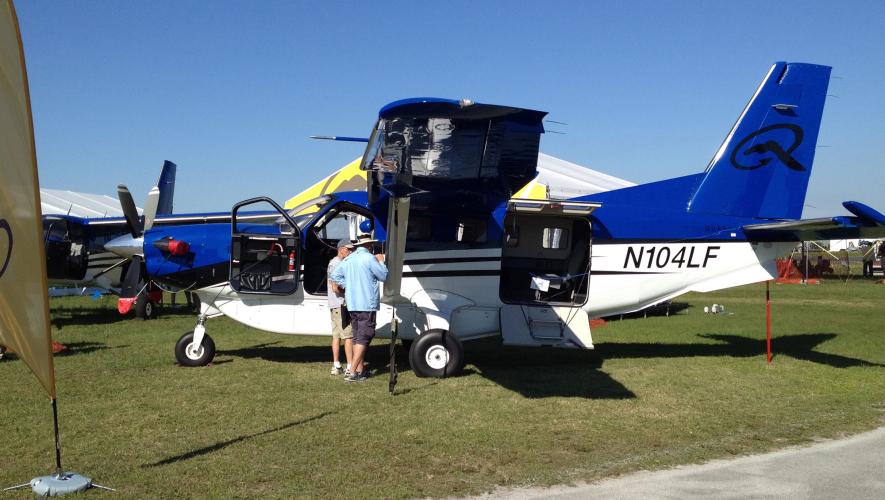The Air Charter Safety Foundation (ACSF) returned to Embry-Riddle Aeronautical University (ERAU) in Daytona Beach, Florida, for its annual Safety Symposium, opening the 2025 event with a focus on the human element in safety. Kicking off on Monday with a career panel and wrapping on Thursday with a series of workshops, the event has continued to grow with 150 attendees in person and more than 50 tuning in virtually for the first time through streaming sessions.
Kent Stauffer, ACSF chair and v-p of safety for Flexjet, stressed that many of the sessions planned throughout the event surround the human element. He asked a blanket question of how attendees, mostly safety professionals, felt now about aviation, which elicited responses of concern, nervousness, and media attention. He said that follows with the question of, “What are you going to do about it?”
He contended that it comes down to the human rather than technology. While technology has advanced and aided safety, it comes down to what is “uniquely human.” He noted that people reference human factors but asked what that means, and suggested that people need to dig deeper and think differently about decision-making. Technology focuses only on logic, but humans bring emotions.
Pilots are taught that they can’t bring their emotions to the job, but Stauffer contended that people should prioritize both logic and emotion.
Convergent CEO Tony Kern, a perennial favorite at Bombardier’s Safety Standdown and in recent years at ACSF’s Safety Symposium, followed that sentiment during his keynote, saying it is not possible to operate without emotions, but it is key to learn how to control them and use all of your resources.
He noted that in aviation, people are taught how to do things right, but they are not taught as much about the wrongs—and there are many of those. But it’s a difficult prospect because of hubris, he maintained.
The industry has settled on its knowledge that “we’re the safest industry ever—more likely to be struck by lightning in a terrorist camp [than to be in an accident]… but sometimes that happens.” Now the question is how people get ready for when things go wrong.
Kern then hosted a special panel with ACSF president and CEO Bryan Burns and his son Ryan Burns to discuss the delineations with sports. Ryan Burns, who had started as quarterback at Stanford University, detailed the preparation necessary and the perseverance to get to that point, but also what happens when you allow your emotions and mental state to cloud your focus. Burns, who enjoyed successes initially followed by some losses, was forced to face that. He noted that he felt relief when he was told the starting job was getting handed to another.
Kern noted the lessons that thread through that as well as aviation: readiness, teamwork, adversity, and persistence. But also the ability to address what is within and the mental health part of it.
Several more sessions on various aspects of safety were scheduled throughout Tuesday and continuing into Wednesday.







